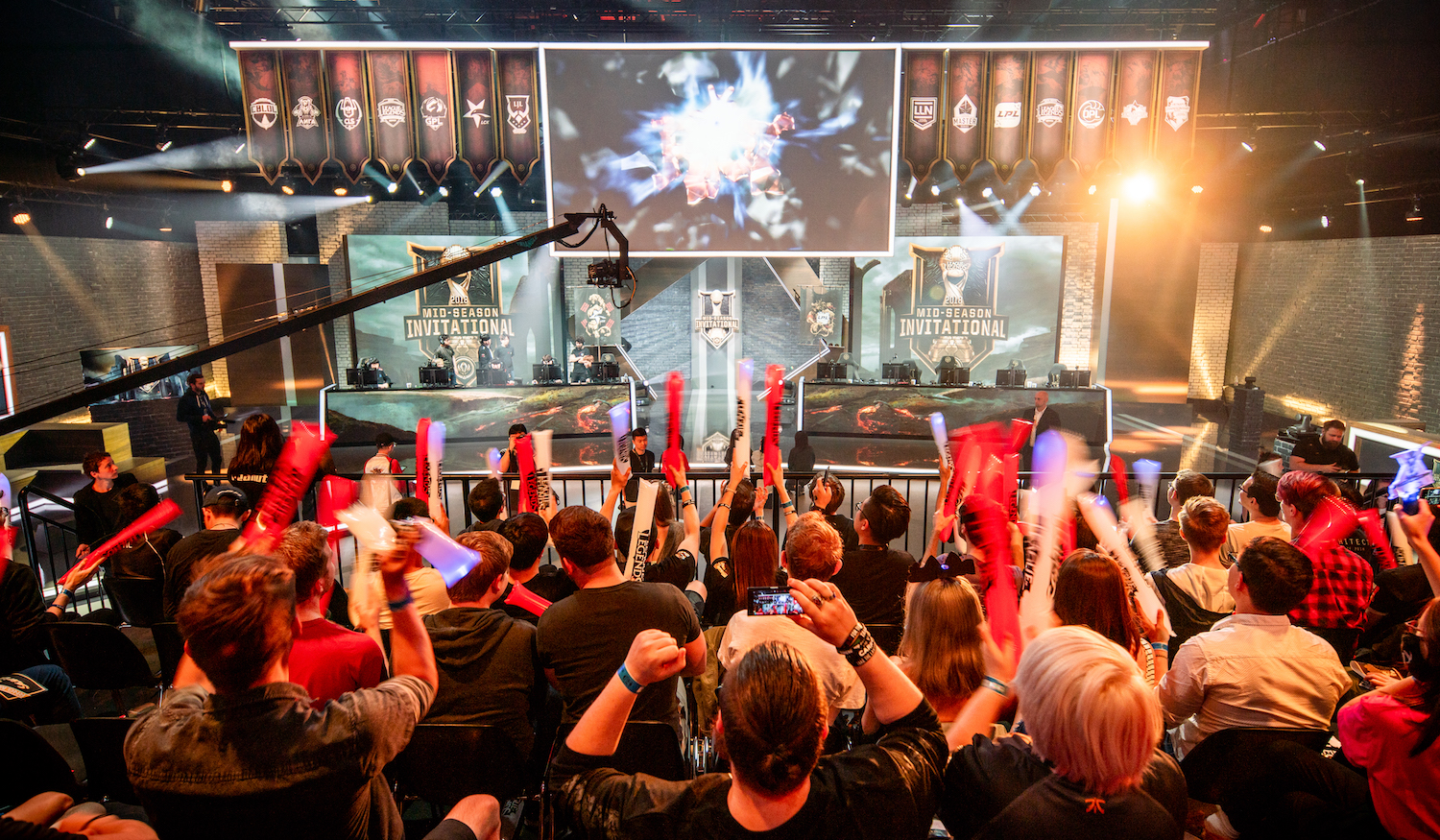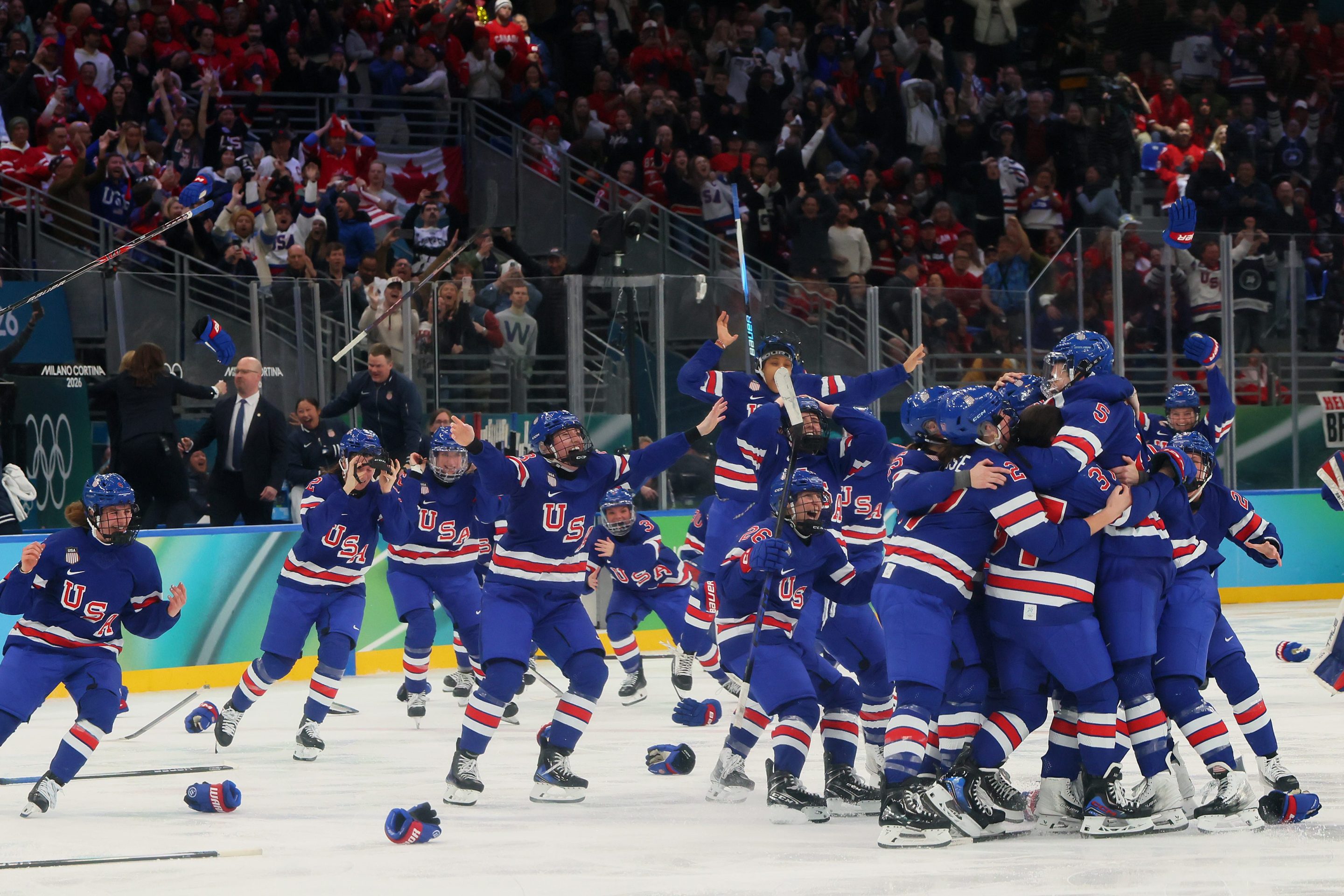This past Sunday, the League Championship Series Players Association, the group representing professional League of Legends players competing in the North American League Championship Series, released a statement announcing that a vote to walk out ahead of the upcoming season had "overwhelmingly passed." Tension had been brewing between players and Riot Games, the publisher of LoL, all month, and management responded to labor's united front with a two-week delay to the start of the season. Although this is specific to League of Legends, it's the most significant labor action in the short history of esports, and the first serious symptom of a larger crisis.
— LCS Players Association (@NALCSPA) May 29, 2023
League of Legends is a wildly popular, five-on-five competitive multiplayer online battle arena (MOBA) game that was released by Riot in 2009, and was the company's only game until Valorant in 2020. League made Riot a ton of money; Chinese company Tencent bought a majority stake in the company in 2011 for a reported $350 million. The game's structure made it a perfect esport—for one thing, the game is in a third-person perspective, which makes it easier for a spectator to watch than any of its first-person competitors like Counter-Strike—and it has been one of the most widely watched esports in the world for over a decade. LCS is the North American league, and the top three teams qualify for the world championships. It's one of the four biggest regional leagues, though Chinese and Korean teams have won each of the past 10 championships.
Most esports franchises and leagues have never been profitable in their existence, though that was not always a problem; high-level competitions have shown themselves to be worthy loss-leading marketing tools for gaming companies, and investors in the space (who mostly got in around the height of the now-receding tech boom) generally conceived of it as a sort of venture capital investment. My shithead teenage nephews are always playing that damn Over Watch, so this must necessarily be the future, is the sort of crude yet reasonable logic that may have led someone like Robert Kraft to invest $20 million in an Overwatch League team called Boston Uprising in 2017. Like the rest of the tech world circa the mid-2010s, it was all premised on explosive growth. And like the rest of the tech world, the esports industry is rather acutely ailing at the moment, due in part to the ongoing macroeconomic vibe shift.
Esports is a particularly vulnerable subsector within tech, as it's relatively young, intertwined with crypto, and facing a complicated competitive landscape. If you are a basketball fan, you have around three high-level, non-mutually exclusive basketball competitions to pick from, but if you are a 17-year-old who plays Valorant, you might not necessarily choose to watch Valorant esports when you can just watch someone stream on Twitch—or, better yet, just go play Valorant yourself. The Overwatch League, with its infamous $20 million buy-ins and botched localization effort (going all-in on live events in the spring of 2020 was a horrible stroke of luck), is the clearest example of a misunderstanding the delta between traditional sports and esports, though the larger reality is that all of this is happening for the first time. Nobody knows what works yet because it's all being invented, and this is the first time this decidedly frothy industry has had to meaningfully respond to economic headwinds.
The industry has mainly responded in a predictable way: contraction. Big-time gaming organizations like 100 Thieves and FaZe Clan have laid off hefty chunks of their staff, and FaZe, which is publicly traded for some reason, received a notice from Nasdaq in March that their stock would be delisted if it didn't climb back over $1 (it's currently half that). The Guard laid off its entire staff in March and will keep its three North American esports teams active for one more season, unless they find a buyer. Cloud 9 is pulling back from half of the 15 leagues it fields teams in, and TSM, the esports organization no longer branded as TSM FTX, is selling its slot in the League Championship Series. As Kellen Browning laid out in the New York Times a few weeks ago, things are grim.
Though LCSPS vs. Riot is the largest esports labor action to date, it's not the only one that's taken place in the past year. During last June's European Overwatch Contenders Summer Series, a communication error from Blizzard led to a bizarre scenario where two teams, 01_esports and Munich eSports, thought they were playing a best-of-seven series that actually turned out to be a best-of-five series, which 01_sports only learned after they were already down 3-2. In response, they organized a cheeky protest with their opponents in the loser's bracket finals, choosing to run around and play stupid 1v1s against each other instead of competing. The issue at hand wasn't as severe in degree as it is in the LoL walkout, but it is the same in kind: Tier 1 players might not be suffering, but Tier 2 is on the chopping block.
Even though TSM is trying to get out and some teams are trying to cut costs, LoL has one of the largest and most well-established esports scenes, and the world championships last year broke all kinds of records. The heart of the issue is that Riot and LCS management want to aggressively cut their support for the second tier of LoL esports, known as the North American Challengers League. The trouble began on May 6, when an esports journalist reported that all 10 LCS teams voted to end the requirement that they fund and field NACL teams, beginning in 2024. Six days later, Riot announced that the requirement was being dropped for the imminent summer 2023 season, which blindsided the LCSPA.
The players responded with a strongly worded letter to Riot, claiming that they'd been promised no changes for the 2023 season. Though the LCSPA doesn't represent NACL players, there is obvious solidarity. The more professional gaming jobs there are, the better it is for everyone, and most pros have to come up through Tier 2. Without a requirement for LCS owners to fund NACL teams, which don't have the chance to compete for global glory and play on the biggest stages, Tier 2 would wither, at least within the franchise system and absent the promotion and relegation system the players are asking for. The argument that loss-leading esports are worth it as a marketing tool is already a hard sell to franchise owners who don't have any stake in Riot's fortunes, but it's an even trickier argument to make when the only tangible benefit of funding a Tier 2 team is to improve the talent pipeline into the big club. After new rules came into place, only three of the 10 teams continued to fund feeder teams.
Riot's Lack of Commitment to the NACL: The LCSPA's Response pic.twitter.com/3IqhNKzkGA
— LCS Players Association (@NALCSPA) May 12, 2023
Two weeks later, the players voted to walk out. They also revealed that Riot and the LCS had been trying to get out-of-work players to come in and scab, and they asked for solidarity. Riot responded by delaying the season for two weeks in order to negotiate. If the two sides can't reach a deal by that deadline, there won't be a summer season. If there's not a summer season, North America won't send anyone to the world championships this fall. The stakes are high, and it's inspiring to see the players wield their leverage. As the esports scene matures, and as the tech industry writ large struggles to adapt to a new economic reality, the need for transformational change within esports becomes ever clearer. The LCSPA walkout may not solve all of that on its own, but it's a rousing display of solidarity from a labor force that knows what it's up against.






